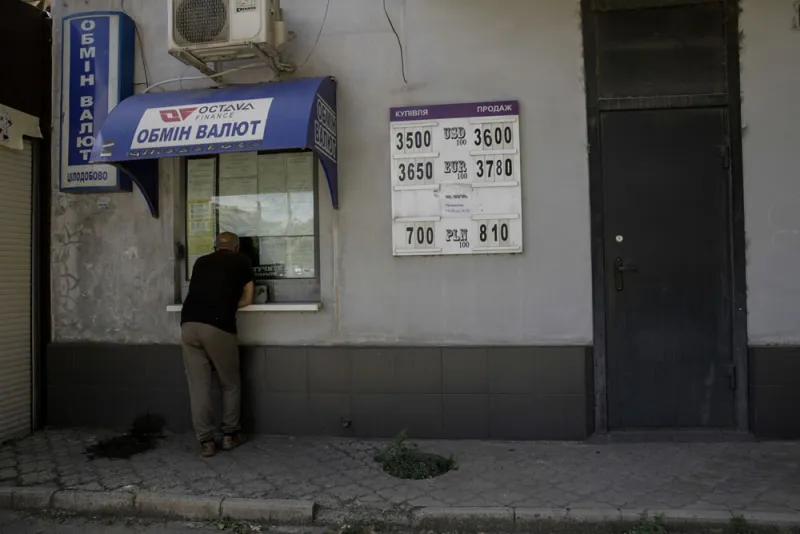As the initial shock of Russia’s invasion of Ukraine wears off, emerging markets investors have shifted their focus to the war’s long-term implications.
According to a research note from Acadian Asset Management, these concerns include conventional benchmarking and the geopolitical risk baked into the model of EM investing. In the note, authors Seth Weingram, director of Acadian’s client advisory function, and Ram Thirukkonda, a senior investment strategist on the client advisory team at Acadian, argued the Russia-Ukraine conflict should prompt investors to reevaluate the EM benchmarks they’re using. Investors should look at benchmark indexes not as passive strategies but as active ones that reflect the specific beliefs and biases of the index provider, Weingram and Thirukkonda wrote.
“These emerging market benchmarks are very highly-engineered constructs,” Weingram told Institutional Investor. “[Investors should] think about whether or not that basis of the [index’s] allocation is really aligned with [their] particular investment objectives.”
Weingram and Thirukkonda looked at how MSCI’s Emerging Markets index was responding to the crisis in Ukraine and found that, before the initial invasion, the index was vulnerable to an energy shock. As a result of new energy supply, the Covid-19 pandemic, and a focus on technology-related growth stocks, the energy sector was underweighted in the Index. This meant that when Russia — which was essentially “a proxy for a global energy bet” in the Index — invaded Ukraine, energy consumers (China, South Korea, Taiwan, and India) suffered losses and energy producers (Saudi Arabia, UAE, Kuwait, and Mexico) saw gains.
“Markets tended to favor energy producers over energy consumers, and this created some really interesting dispersion that investors hadn’t seen for a while,” Thirukkonda said in an interview.
The EM index then reflected that market dispersion, which Weingram said shows that indexes tend to inherit market behavior. This inheritance can lead to concentration in the EM benchmark index, meaning the index tends to aggregate the biggest winners and biggest losers with little in between.
“Many of these prevalent benchmarks use market capitalization as a weighting system,” Thirukkonda said. “The big tend to get bigger within that benchmark.”
But institutional investors don’t want concentration in their benchmark indexes. Instead, institutions want diversification, Weingram explained. “The question is, is that something that an institutional investor should just accept as part of the wallpaper?” he said. “That’s where you get back to this idea that you need to critically analyze your benchmark. Don’t just reflexively accept it.”
In the note, Weingram and Thirukkonda argue that an active strategy or a custom benchmark may be better options for investors hoping to add more diversity to their emerging markets investments.
Despite the challenges Russia’s invasion of Ukraine has posed for investors, Weingram and Thirukkonda added that geopolitical risk is built into the emerging markets model of investing. Investors don’t need to try and predict how their portfolios will react to potential “idiosyncratic events.” Instead, they need to prioritize diversification.
While industry thought leaders and institutions advocated complete divestment from Russia, Weingram and Thirukkonda argued that divestment from countries that are at risk of war could minimize EM investors’ exposure to a large swath of the universe. For instance, there is a “material risk of war” associated with some of the largest countries in MSCI’s EM index, including China, Taiwan, South Korea, and India, according to the note. Together, these countries account for about 75 percent of the entire benchmark.
Instead of shying away from geopolitical risk, the Acadian executives said investors in emerging markets should accept it as part of the bargain. “But the ubiquity of geopolitical risk in emerging countries does not detract from EM investing; in a real sense, it is central to the investment thesis. Geopolitical risk helps to explain why emerging economies are still emerging and may offer outsized opportunity for investors through broad allocations and/or stock selection. Yet the prevalence of geopolitical risk in EM puts a premium on its prudent management,” they concluded.







